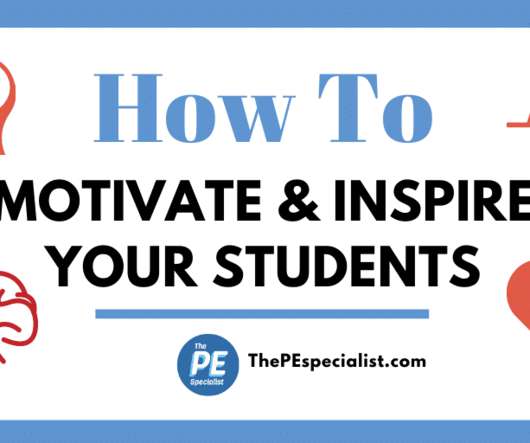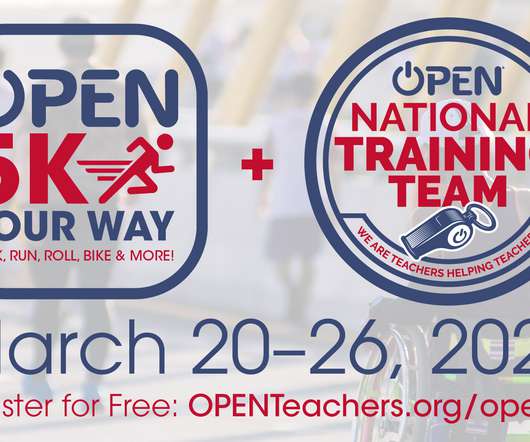Relationships Matter
Slow Chat PE
JANUARY 16, 2022
Whenever people talk about what is the most important thing in education you always hear relationships. Relationships matter. The three R’s. Relationships. Relationships. Relationships. Everyone agrees relationships are important. The value of relationships to me cannot be overstated. It would be like trying to describe how great pizza is. How underrated putting mayonnaise on the outside of a grilled cheese sandwich is.




















Let's personalize your content